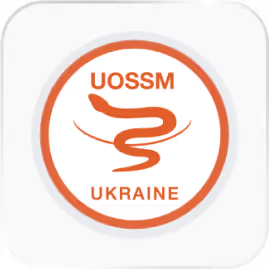At ICS, we’re committed to supporting humanitarian and development organizations with practical, reliable, and ethical technology solutions. Our platforms are designed with field realities in mind—simple to use, transparent, and deeply integrated.

NGOs face unique challenges—compliance, transparency, funding restrictions, and complex field operations. That’s why we offer:
Software designed for humanitarian work
Support for multilingual teams and decentralized structures
Agile development that puts your team in the driver’s seat

Our Agile model allows us to co-create technology with our partners. This results in tools that are more relevant, intuitive, and adaptable over time. You’ll be involved at every step:




Maestro ERP is a comprehensive software suite designed to streamline operations and improve efficiency for organizations.
It offers a range of integrated modules covering Projects Management, Supply Chain, Warehouses Management, Vouchers Management, Complaints Management, and more.


A mobile-first digital voucher system for aid distribution, cash assistance, and resource tracking with AI-driven automations and multilingual support.





Cyber Essentials Certified is a UK government-backed scheme that helps protect organizations against common cyber threats. This certification demonstrates our commitment to maintaining robust cybersecurity measures and safeguarding our clients' data with industry-recognized best practices. We are dedicated to keeping our clients’ data safe and secure. We proudly announce that we earned the Cyber Essentials certification, which shows our commitment to excellent cybersecurity.
Whether you run a small business or a large enterprise, our Cyber Essentials-certified services can help you reduce the risks of cyber-attacks and ensure the resilience of your digital infrastructure. Contact us today to learn how we can strengthen your cybersecurity defences and secure your digital future.
















































































At ICS, we believe technology must be guided by strong ethical principles and responsible practices. Our commitment to ethical coding and data handling is central to our development process and culture.
By adhering to these principles, we deliver trustworthy, future-proof solutions built on integrity and respect for user rights.
We prioritize transparency, fairness, and user privacy. Our developers are trained to avoid biases and unintended harm, and we conduct regular ethical code reviews to ensure
We go beyond GDPR compliance, embedding "privacy by design" into our processes. This includes robust encryption, minimal data collection, and user-friendly data control
We carefully assess datasets to prevent biases and design AI solutions with human oversight, ensuring critical decisions are never fully automated.
We protect client data through regular audits, penetration testing, and continuous monitoring, staying ahead of emerging threats.